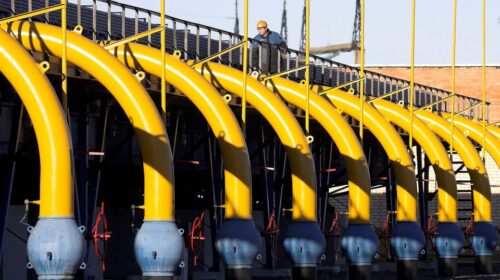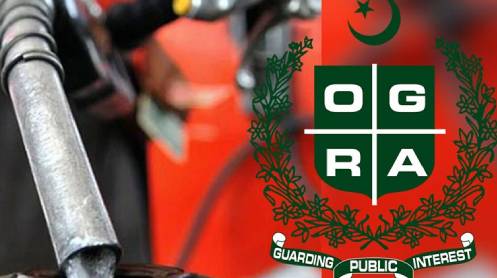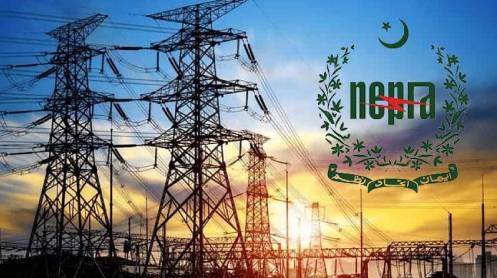The net profit of Sui Northern Gas Pipelines Limited (SNGPL) shrank about 5% to Rs3.03 billion in the quarter ended September 30, 2021 mainly due to a significant increase in the cost of financing and administrative expenses.
The company registered a profit of Rs3.18 billion in the same quarter (Jul-Sept) of previous year.
Earnings per share of SNGPL dropped to Rs4.78 in the Jul-Sept 2021 quarter compared to Rs5.01 in the same quarter of previous year, according to the financial results sent to the Pakistan Stock Exchange (PSX) on Monday.
The company announced a final cash dividend of Rs5 per share for the prior quarter (Apr-Jun 2021), taking the full year (Jul-Jun FY21) dividend to Rs7 per share, according to another notification carrying the company’s financial results for FY21.
The gas marketing company recorded a net profit of Rs10.98 billion for the fiscal year ended June 30, 2021, which was 83% higher compared to earnings of Rs5.99 billion in the prior fiscal year.
Earnings per share surged to Rs17.32 in FY21 compared to Rs9.46 in the preceding year.
In the first quarter (Jul-Sept) of fiscal year 2021-22, SNGPL posted a massive surge of 84% year-on-year in revenue, led by 10% growth in liquefied natural gas (LNG) imports coupled with 100% hike in import prices given a massive increase in international oil prices, AHL Research said in post-result comments.
Operating profit during the quarter depicted an uptick of 9% year-on-year amid controlled UFG (line) losses as well as lower other allowable expenses.
However, the financial cost jumped to Rs10.28 billion in Jul-Sept FY22 compared to Rs8.91 billion in the corresponding quarter of previous year.
During FY21, sales grew 4% year-on-year, primarily aided by 24% jump in LNG imports.
However, the augmented re-gasified LNG consumption was offset by lower natural gas dispatches (depleting reserves) as well as 16% dip in import prices in line with the dwindling international Brent crude price (down 13% YoY) to $54.61 per barrel in FY21 compared to $62.49 in FY20 amid drastic erosion in demand after the Covid-19 outbreak, AHL Research added.





